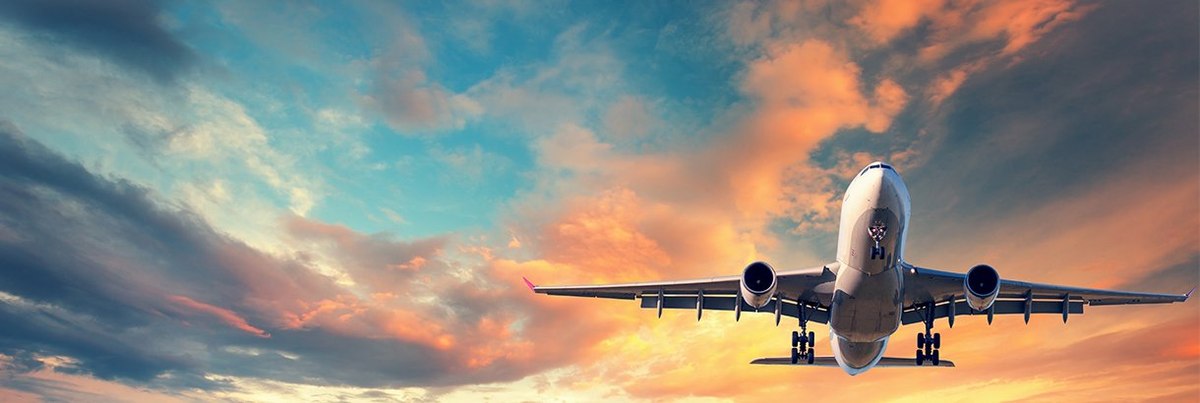
How Americans feel about the potential changes coming to air travel
Air travel will likely never be the same, but Americans can get behind at least some of the potential changes coming to the industry.
A YouGov survey fielded May 7-8, 2020 asked 1,432 Americans how they felt about the measures certain airlines have begun to implement and the steps that the industry is considering in light of the coronavirus (COVID-19) outbreak.
The air travel safety measures Americans support and oppose
Airlines and airports across the United States are considering various procedures and requirements to prevent the spread of coronavirus and protect their passengers. At least six in 10 Americans support measures relating to hygiene including thorough cleaning after each flight rather than just overnight (82%), adding sanitizing guidelines to pre-flight demonstrations or briefings (76%), and requiring all passengers bags to go through one or more disinfection processes (61%).
Actions relating to passengers’ personal health are more complicated. While a majority (64%) support the monitoring of all passengers' temperatures, heart rates, and respiratory rates prior to boarding a flight, they are less sure when actions involve the privacy of their personal health data.
Just 45 percent say they support testing for antibodies directly before boarding a flight and even fewer (36%) support providing a medical document during online check-in showing they took an antibody test. But despite lower levels of support for each of these measures, Americans are more likely to support than oppose them (23% and 30%, respectively).
Travel insurance may see a boon if airlines and airports are allowed to deem certain passengers unfit to fly based on their health. Many say they would consider buying an insurance policy that would issue full refunds in these cases (57%).
What provisions do passengers expect airlines to provide for free from now on?
Personal protective equipment (PPE) is top-of-mind among large shares of Americans. About three-quarters say they expect airlines to provide certain amenities for free including hand sanitizer (76%), face masks/coverings (74%), and disinfectant wipes (72%). Close to one in two Americans say gloves should also be provided at no extra cost (48%).
The empty middle seat and in-flight dining
The Centers for Disease Control and Prevention (CDC) urges people to keep six feet apart as much as possible in order to limit the spread of COVID-19. Some companies such as Alaska Airlines and Delta Air Lines have taken this advice to heart and have blocked the middle seat completely to encourage social distancing between passengers.
Nearly half of Americans say efforts to keep an adjacent seat empty make them feel safer (49%). Close to two in five (37%) say this would make them feel neither more nor less safe, indicating that it would be a low-risk move for any airlines considering such a policy.
Data from the survey also shows that there is interest in purchasing a vacant adjacent seat. Two in five people say they would be very or somewhat likely to consider buying an empty seat the next time they are able to fly (40%).
In-flight dining has also seen dramatic changes in the last few weeks—and on some domestic flights, snack and coffee/tea services have been suspended indefinitely. The future of fly and dine may likely take the form of sealed, pre-packaged meals rather than ones that are freshly prepared and two in three Americans say this is a good idea (66%). Fewer than one in 11 say this is a bad idea (8%).
Methodology: The survey is based on the interviews of 1,432 US adults aged 18 and over. All interviews were conducted online between May 7-8, 2020 and results have been weighted to be nationally representative. See the full results from this poll.
Read more on how COVID-19 impacts behaviors and opinions across the US
Image: Getty